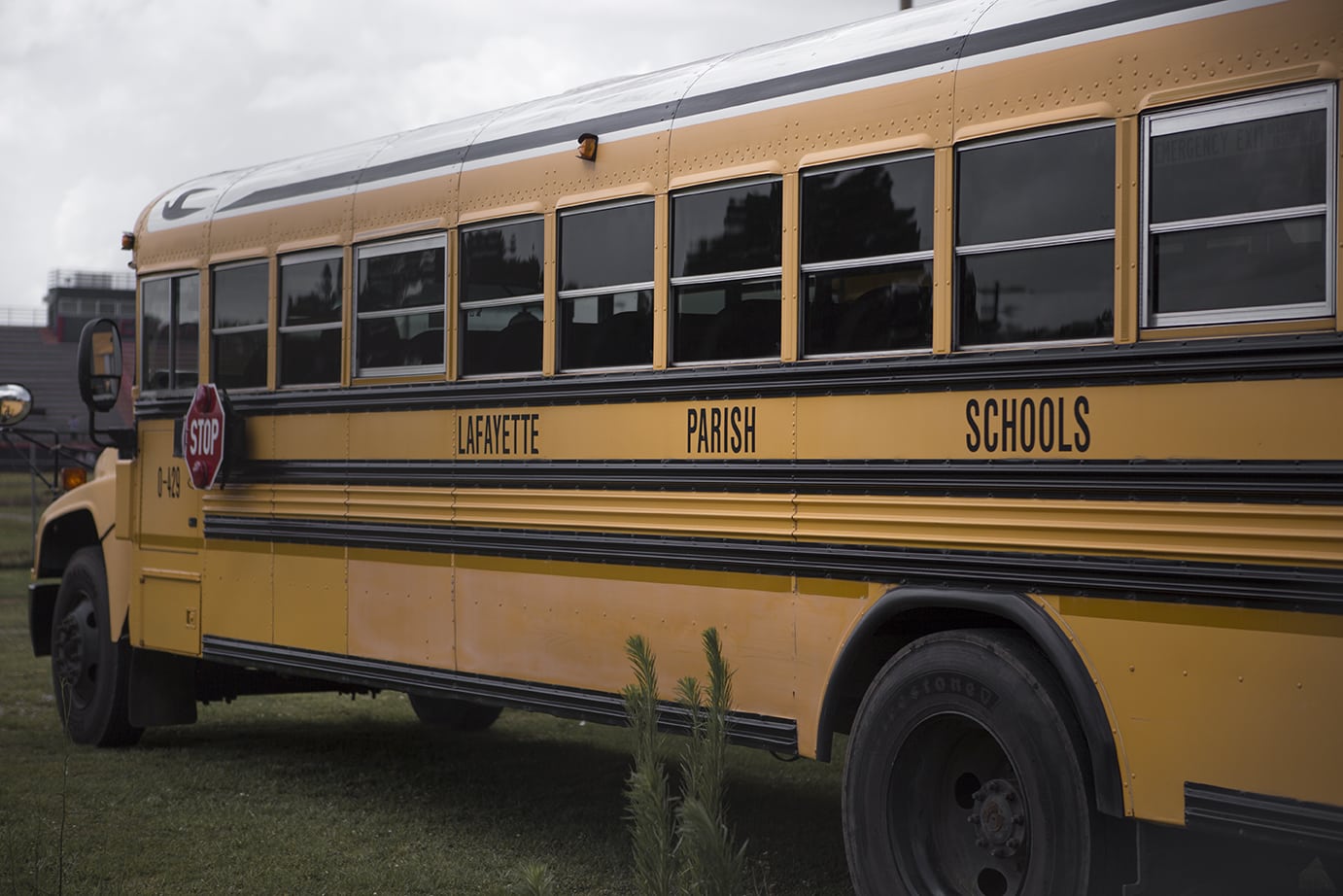As the head of the Lafayette Economic Development Authority and a parent balancing career and family, I recognize how vital early childhood education is to household stability, workforce readiness, and regional economic strength. n nLafayette has built a reputation as a center for innovation, entrepreneurship, and family-oriented living. To sustain this momentum and continue fostering cultural and economic growth across our community, state, and region, we must prioritize strategic investments in children and their families. n nData from the Centers for Disease Control and the National Center for Health Statistics reveal a steady drop in birth rates in Louisiana, mirroring a broader national trend that began after the Great Recession. These declines are tied to legitimate worries about financial insecurity and insufficient support systems for young parents. Yet these challenges are not insurmountable. One of the most effective ways to support families is by expanding access to high-quality early learning programs. n nIn economic development discussions, we often refer to the talent pipeline. However, that pipeline doesn’t begin in college or high school—it starts at birth. The first five years are crucial for cognitive and emotional development, shaping long-term outcomes. Just as importantly, reliable child care enables parents—particularly mothers—to re-enter the workforce or pursue further education. Without such support, employers face higher turnover, economic activity slows, and opportunities are lost. n nIn Acadiana, the benefits are clear. When dependable child care is available, local economies thrive. Parents pursuing higher education, as well as those employed in key sectors like health care, energy, technology, logistics, retail, food services, and entertainment, rely on affordable early learning options. Access to care leads to greater job stability, upward mobility, and workforce retention, while businesses benefit from a more consistent and productive labor force. On the flip side, limited child care options force tough decisions on families and make it harder for companies to fill positions efficiently. n nLouisiana has made progress, but more than 100,000 children under age five still lack access to quality early education. While state funding for child care initiatives has remained relatively stable in recent years, sustained investment in early childhood programs will be essential to improving family well-being, encouraging higher birth rates, and strengthening the state’s economic foundation. Expanding access is a collective responsibility—one that involves families, employers, and communities—and represents a sound economic strategy that enhances competitiveness at the local, regional, and state levels. n nIf we are serious about growing Louisiana’s population and building a resilient, modern economy, we must treat early childhood education as essential infrastructure. Like roads, utilities, and broadband, early learning systems support workforce participation, prepare future employees, and promote economic stability. Investing in young children is not an act of charity—it is a strategic move that ensures Lafayette, Acadiana, and all of Louisiana remain desirable places to live, work, and raise families. n nLet’s secure our long-term prosperity by strengthening the systems that nurture our next generation. Strong beginnings lay the foundation for strong economies. n— news from The Current – Lafayette’s Community Voice
